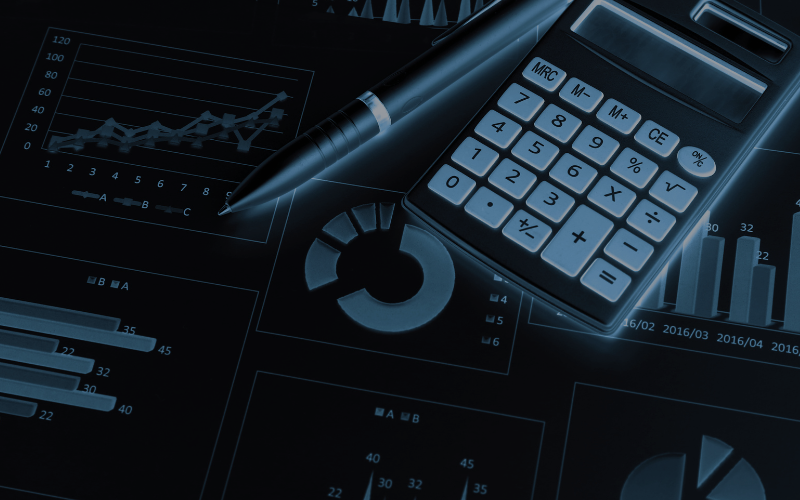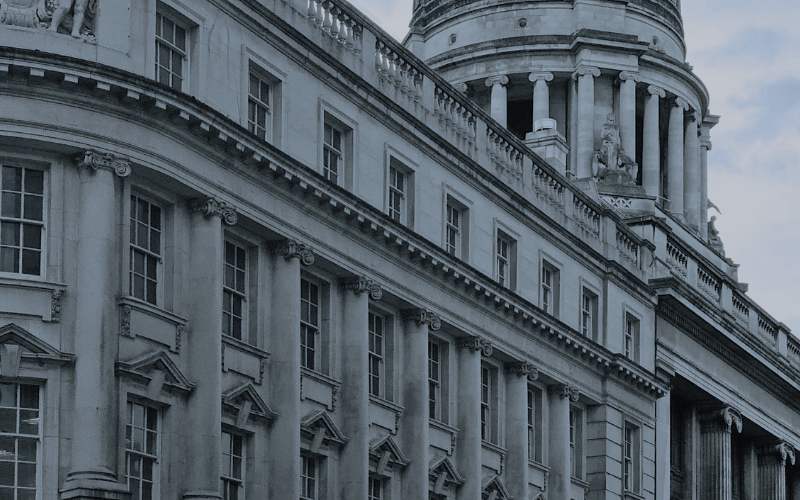You, I, all us consumers – we own our data and that’s an opportunity and problem at the same time. Open Banking is a data play as it enables an entirely new market, not B2B, not B2C, but B2ME.We’ve been discussing the legislation, background and evolution of Open Banking in the UK. Furthermore, we’ve questioned the disruptive nature of existing products and services, and we’ve shared ideas how those could be extended to entice the consumer, drive mass adoption and utilise the full potential of open banking technology.
It’s a lazy argument to suggest that Open Banking hasn’t delivered what it promised. In reality, it has created the foundation of something much bigger – but providers need to embrace the opportunities it provides. Put simply – the potential of Open Data comes down to one thing: data.
Open Banking is a Game Changer Mainly Due to the Shift in Data Ownership
For the first time ever, banks do not own their consumer data. This is leading to fundamental changes to the traditional business models – in some cases unchanged for hundreds of years – of legacy banks. You, I, all us consumers – we own our data and that’s an opportunity and problem at the same time. Open Banking is a data play as it enables an entirely new market, not B2B, not B2C, but B2ME.
B2ME translates to hyper-personalised, predictive and pre-emptive products and services based on the data that I am willing to share, or even sell. Open Banking really is the first step towards a new custodian view of what might be possible when consumers can market their own data.
Open Banking enables consumers to open up and share their data. In contrast, the General Data Protection Regulation (GDPR) legislation was an important regulatory step forward to put consumers in control of their personal data, which includes anything from your actual name and contact information to your IP address, basically anything that could be traced back to you, the consumer.
The scope of Open Banking in relation to data types is still too limited. It only includes one data set unique to customers – their current account or transactional data. But what would be powerful is the extension of the data pedals to include further financial data like my loans, pensions, my savings, my insurance, and health care information.
In an ever-connected world, amount of data, data breaches, consumers are trained / brainwashed not to share their data and least of all their financial data. Even that Open Banking offers a single convenient and most of all safe way to control one’s financial data, it seems that consumers are reluctant.
It Seems there's a Mismatch between what consumers want and are willing to do on one side, and then what the new wave of fintechs are trying to achieve
For the customer, it’s important that their financial experience is safe, understandable and above all, simple. What they want is to reduce life admin tasks associated with banking by making them easier and more understandable/predictable.
On the other hand, Fintechs focus on complex products and services around personal finance management. They present their products and tend to sell their benefits with overcomplicated data, graphs, lists and charts. Often, they see the customer pain point as a way of managing money while the actual problem is the ways to manage without money.
The ideas that seem to get transaction and or consumer interest are the ones which break the rigid paradigm that banks are following. Things like instant short-term micro loans offered at a till when consumers can’t afford their shopping. Lending products with on-demand repayments (they loved that). Real-time credit risking based on actual behaviour instead of credit references. Credit and debt aggregation where an AI opens and closes dozens of accounts and lending products on a daily basis to obtain the best possible rates, incentives and outcomes, so the customer doesn’t even know which products they have.
If we can break out of the strict financial services paradigm as well as plugging in more data sources, all while demonstrating the value that Open Banking and data monetisation can deliver, then we are truly at a stage of B2ME. The state of Hyper-personalised, predictive and pre-emptive products and services – all based on the data I am willing to share.
Published
April 29, 2024Reading time
2 minutesRelated posts





